Home / Services / Operations / Management Systems / EU Organic Certification: Ensuring Authenticity and Sustainability in Agriculture
At IMPROV, we understand the growing demand for organic products and the critical role that EU Organic Certification plays in establishing trust, ensuring sustainability, and promoting environmentally responsible agricultural practices. The EU Organic Certification is not just a regulatory standard; it is a symbol of quality, transparency, and commitment to ecological integrity.
What is EU Organic Certification?
EU Organic Certification is a rigorous, internationally recognized certification process that ensures agricultural products are produced, processed, and marketed according to stringent organic farming standards set by the European Union. The certification is granted to farms, processors, and traders who meet these standards, covering all aspects of organic production, from soil fertility management and crop production to processing and labeling.
The EU Organic Logo, which appears on certified products, assures consumers that the product is made using organic methods and that it has been produced with respect for biodiversity, the environment, and the welfare of animals. To bear this label, a product must adhere to strict EU regulations governing organic farming practices and undergo regular inspections and audits.
Why is EU Organic Certification Important?
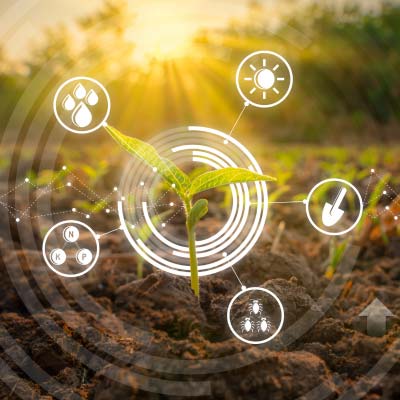
- Consumer Confidence: With growing awareness of the environmental impact of food production, consumers are increasingly seeking organic options. The EU Organic Certification provides them with a reliable indicator of product quality, helping them make informed choices.
- Market Access: Achieving EU Organic Certification opens access to a large, lucrative market within the EU, where organic products are in high demand. It also allows businesses to expand their reach globally, as the EU Organic logo is recognized internationally.
- Environmental Sustainability: Organic farming methods are designed to minimize environmental impact by using natural substances and processes. This helps conserve biodiversity, promote soil health, and reduce pollution from pesticides and synthetic fertilizers.
- Compliance with EU Regulations: The certification process ensures that producers and manufacturers comply with EU regulations, avoiding fines and ensuring legal market entry within the European Union.
- Improved Product Differentiation: With increasing competition in the food and agriculture sectors, organic certification helps products stand out. It signals to consumers and retailers that the product meets the highest standards of quality and environmental responsibility.
The Process of Obtaining EU Organic Certification
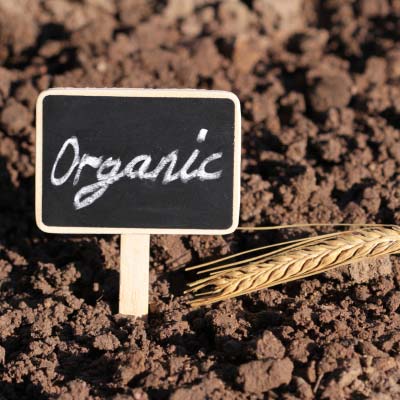
Eligibility Assessment
Businesses first assess whether their products and processes meet the EU’s organic farming regulations. This includes reviewing production practices, sourcing, and the use of fertilizers and pesticides.
Application
Producers must submit an application to an accredited certification body. This includes detailed documentation on farming practices, product processing, and supply chain management. Producers must also demonstrate adherence to organic principles in all aspects of their operations.
Inspection
Certified inspectors from the certification body conduct on-site audits to assess whether the farm or production facility complies with EU organic standards. This includes evaluating farming practices, reviewing documentation, and checking compliance with environmental and safety regulations.
Certification Decision
After the inspection, the certification body will review the results and decide whether to award the EU Organic Certification. If granted, the business can legally use the EU Organic logo on their products and marketing materials.
Ongoing Monitoring
Organic certification is not a one-time process. Regular inspections and audits are required to ensure that the business continues to meet organic standards. Any deviations from organic practices can result in penalties or suspension of certification.
Key Benefits of EU Organic Certification:
Enhanced Reputation and Brand Loyalty
By obtaining EU Organic Certification, businesses demonstrate their commitment to sustainability, quality, and transparency, enhancing their brand reputation. This builds trust with consumers who value organic products and prefer to support eco-conscious brands.
Regulatory Compliance
The certification ensures that your business complies with the legal requirements set by the European Union for organic products. This is essential for entering and maintaining access to EU markets, where organic certifications are a legal requirement for selling organic food.
Environmental Stewardship
Organic practices focus on sustainability. By using methods that conserve resources, minimize pollution, and support biodiversity, businesses that are certified organic contribute positively to environmental preservation.
Premium Pricing
Organic products often command higher prices due to the additional efforts required to produce them. EU Organic Certification enables businesses to capitalize on this price premium, improving their profitability.
Growing Consumer Demand
The global shift toward healthier, more sustainable food options is undeniable. The demand for organic products continues to rise, with organic food sales hitting record highs across Europe. With EU Organic Certification, businesses tap into this growing market.
How We Help
At IMPROV, we offer a comprehensive suite of services to support your journey through the EU Organic Certification process. Our expert consultants provide guidance and assistance across all stages, ensuring a smooth and efficient certification process.

Pre-certification Assessment
We help you understand the organic farming requirements, assess your current practices, and identify areas for improvement. Our goal is to ensure that your operations align with EU Organic standards before initiating the certification process.
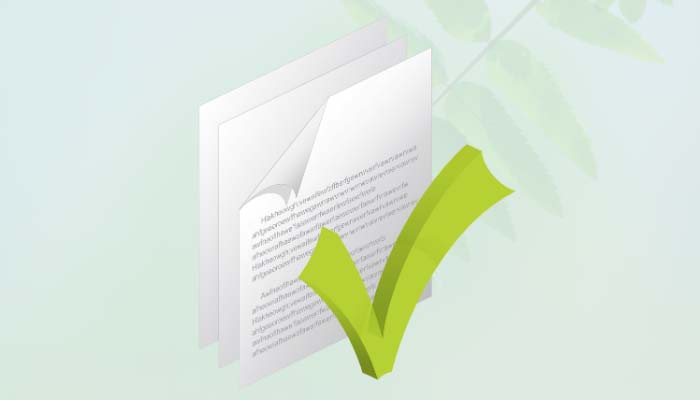
Documentation and Application Support
We assist in preparing all necessary documentation, ensuring it is complete and accurate to meet certification requirements. Our consultants help you navigate the application process, saving time and reducing the risk of errors.

Inspection Preparation
Our team provides expert advice on preparing for inspections. We ensure that all records are in order and that you are fully prepared for the certification body’s visit.
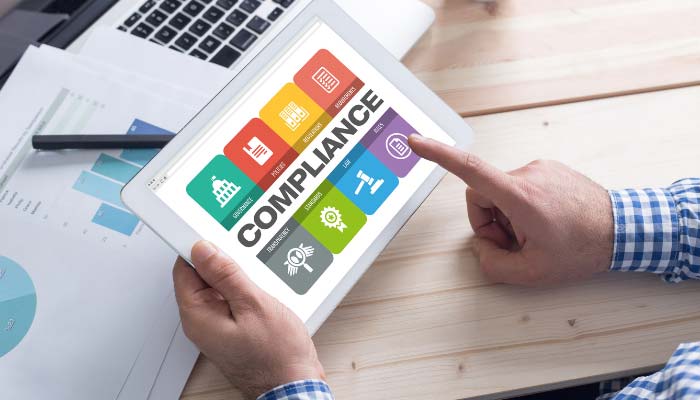
Ongoing Compliance Monitoring
After certification, we offer continuous support to ensure your business remains in compliance with EU Organic regulations. We can help with internal audits, monitoring changes to regulations, and providing training for your staff to maintain organic practices.
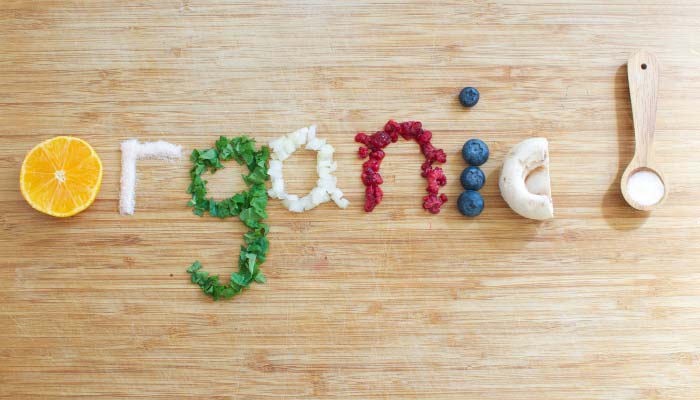
Training and Capacity Building
Our training programs empower your team to understand and implement organic farming practices effectively. We also offer workshops to help staff stay informed about evolving regulations and best practices in organic production.
Our Expertise
- Experienced Consultants: Our consultants have extensive experience navigating the EU Organic Certification process. We bring industry-specific expertise and practical insights to guide you every step of the way.
- Tailored Solutions: We understand that every business is unique, which is why we offer personalized advice and solutions based on your specific needs and goals.
- Global Expertise: With our knowledge of international organic certification systems, we help businesses ensure they meet global standards, opening doors to export markets beyond the EU.
- Comprehensive Support: From pre-certification assessments to ongoing compliance, we offer end-to-end support to help you succeed in obtaining and maintaining EU Organic Certification.
Achieving EU Organic Certification is a powerful tool for businesses in the agriculture and food sectors. It demonstrates your commitment to quality, sustainability, and environmental responsibility; while giving you access to lucrative markets. IMPROV is your trusted partner in navigating this certification process. We help businesses understand the requirements, streamline the application process, and ensure long-term compliance with organic farming regulations.
Reach out to IMPROV today to start your journey towards EU Organic Certification and establish your brand as a leader in sustainability and organic agriculture.
